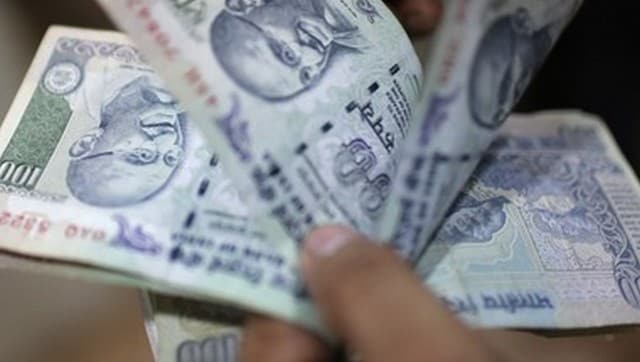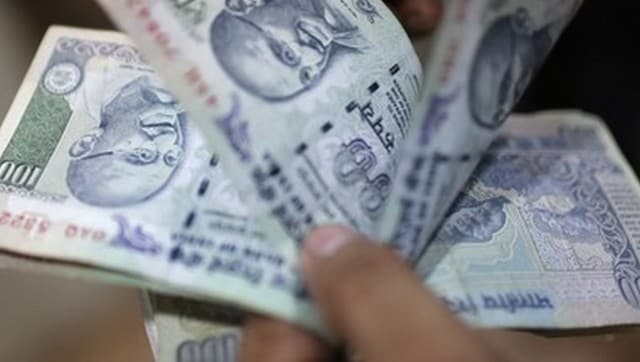Finance ministry report says structural reforms will ensure long-term growth, cites laws on labour, farm produce
The ‘enabling policy environment’ and initiatives taken by all stakeholders to seize the available opportunities will actualise growth potential, the report said

Representational image. Reuters
Important structural reforms undertaken by the government will strengthen the country’s economic fundamentals and ensure long-term sustained growth, a report by the finance ministry has said.
“The enabling policy environment and initiatives taken by all stakeholders to seize the available opportunities will actualise the growth potential of the Indian economy,” the monthly economic report prepared by the Economic Affairs Department of the Ministry of Finance said.
The sustained spread of COVID-19 poses a downside risk to short-term and medium-term growth rate, it said, adding that the government has strategically undertaken various important structural reforms, encompassing various sectors, to combat these risks.
The report said data for the 14-day period from 17 to 30 September suggests that India may have crossed the peak of COVID-19 caseload.
During this period, the seven-day moving average of daily positive cases steadily declined from about 93,000 to 83,000, while the seven-day moving average of daily tests rose from about 1,15,000 to 1,24,000, it said.
Sector-wise observations
According to the report, major structural reforms launched by the government in agriculture markets, labour laws and definition of MSMEs provide an unparalleled opportunity for the resilient MSME sector to grow and prosper now and, thereby contribute to job creation in the primary and secondary sectors.
The historic labour reforms, discussed for three decades after the conditionality in the 1991 loan from International Monetary Fund (IMF) but never implemented thus far, will benefit MSMEs to increase employment, enhance labour productivity and thereby wages in MSMEs, it said.
With more than 11 crore people employed with MSMEs, the small enterprise sector needs to be among the early drivers of economic recovery. The strength and resilience of the MSME sector became evident when this sector made India the second largest manufacturer of PPE in the world. This manifested in a matter of just two months despite starting from scratch during the lockdown.
The report said, “Steel sector continued to rebound in August, power consumption in September has now crossed previous years’ levels having grown at an encouraging rate of 4.6 percent, YoY (year-on-year).”
Saying that the reforms in agricultural sector were overdue, it said the existing laws kept Indian farmers enslaved to the local mandi and their rent-seeking intermediaries.
The implementation of Aatmanirbhar Bharat package and unlocking of the economy have ensured that economic recovery in India has gained momentum.
During the month, other high-frequency indicators also improved in sync with global activity and India’s exports rose 5.3 percent in September on annual basis, the report said.
As on 25 September, India’s foreign exchange reserves stood at USD 542.02 billion, equivalent to more than 13 months of imports and offer a comfortable buffer to provide for a surge in imports following acceleration in the pace of economic activity, it added.
In its latest review, S&P Global Ratings retained India’s investment grade (BBB-) credit rating with a stable outlook as it expects the country’s economy and fiscal position to stabilise and begin to recover from 2021 onwards.
With inputs from PTI
Find latest and upcoming tech gadgets online on Tech2 Gadgets. Get technology news, gadgets reviews & ratings. Popular gadgets including laptop, tablet and mobile specifications, features, prices, comparison.
#Finance #ministry #report #structural #reforms #ensure #longterm #growth #cites #laws #labour #farm #produce































